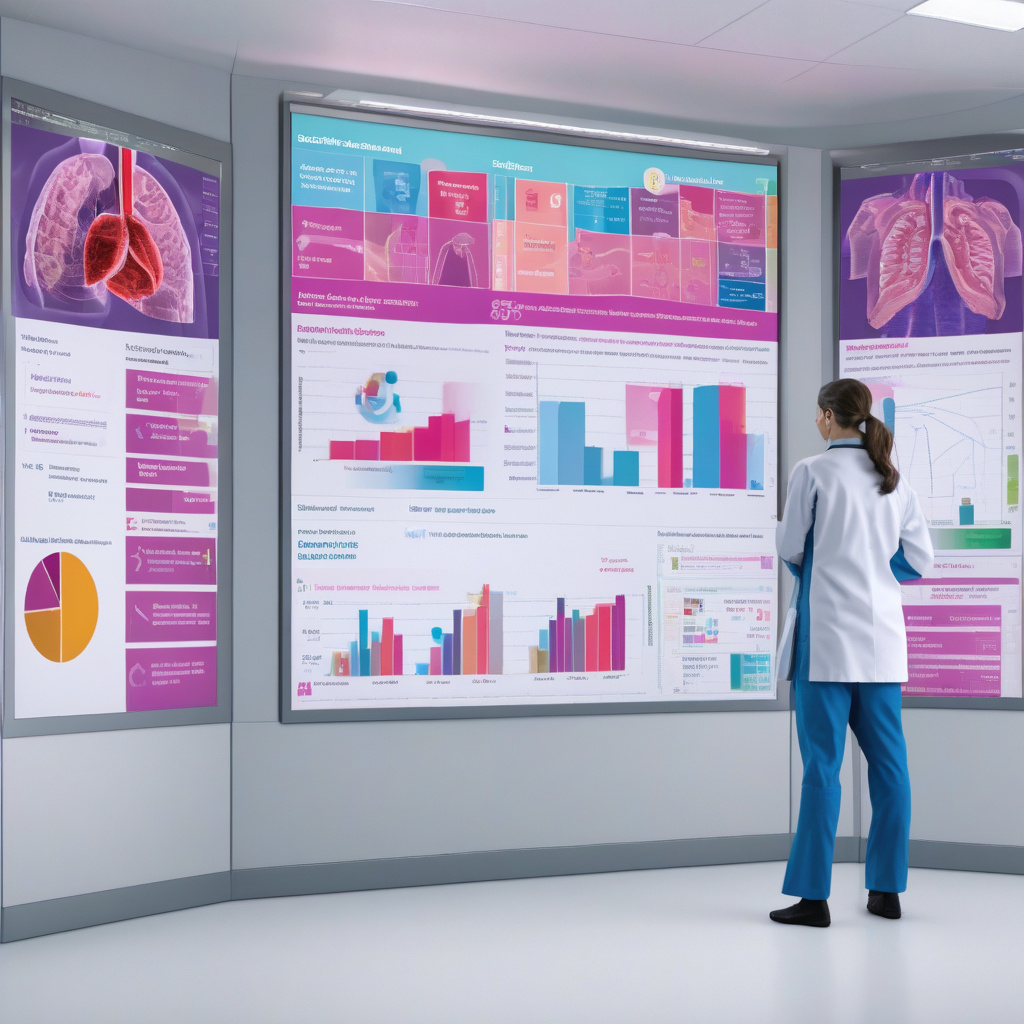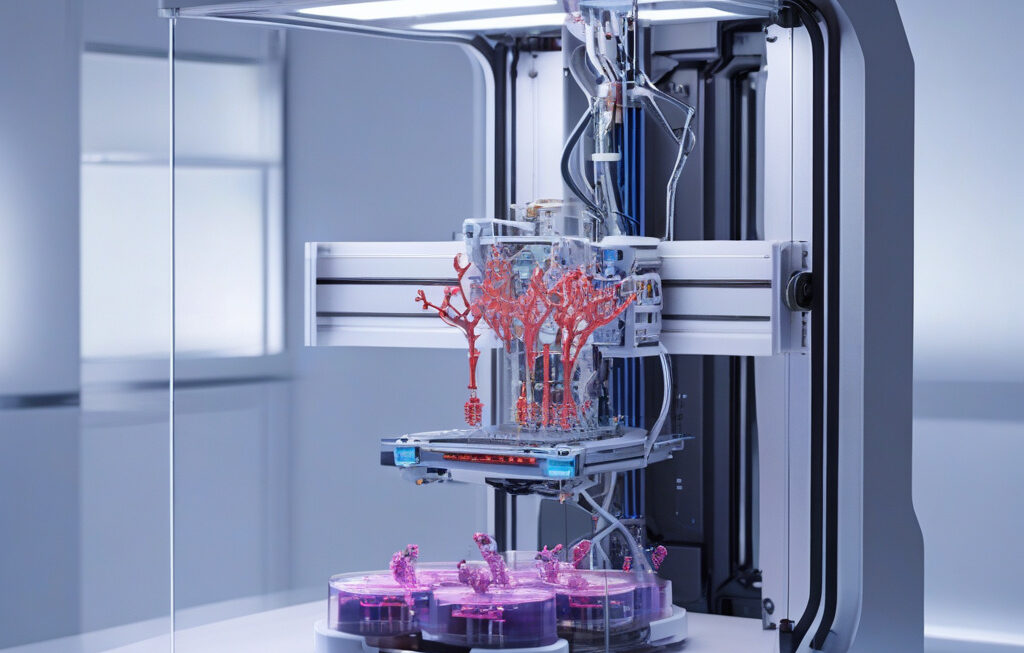AI Revolutionizes Bowel Cancer Screening in Ireland
Artificial Intelligence (AI) has been making significant strides in various fields, and healthcare is no exception. In Ireland, a groundbreaking initiative is set to leverage AI technology to enhance bowel cancer screening, showcasing the potential of AI to revolutionize population-based cancer screening and ultimately improve healthcare outcomes.
Bowel cancer, also known as colorectal cancer, is a significant public health concern globally, including in Ireland. Early detection plays a crucial role in improving the prognosis and survival rates of patients with bowel cancer. However, traditional screening methods have limitations, such as variability in interpretation and the potential for human error. This is where AI steps in to offer a solution that is more efficient, accurate, and ultimately life-saving.
The initiative in Ireland aims to integrate AI into the existing bowel cancer screening program, enhancing the process from start to finish. AI algorithms can analyze medical imaging, such as colonoscopies, with a level of precision that surpasses human capabilities. By processing vast amounts of data quickly and accurately, AI can assist healthcare professionals in detecting abnormalities, such as polyps or early-stage tumors, that may be indicators of bowel cancer.
One of the key advantages of using AI in bowel cancer screening is its ability to standardize the interpretation of medical images. By reducing variability in readings and minimizing the potential for human error, AI can help ensure that lesions or abnormalities are not overlooked, leading to earlier detection and intervention. This standardized approach has the potential to improve the overall quality and effectiveness of bowel cancer screening programs.
Furthermore, AI can also contribute to optimizing the allocation of healthcare resources. By prioritizing cases based on the AI’s analysis of the severity of findings, healthcare providers can ensure that patients with the most urgent needs receive timely follow-up and treatment. This targeted approach can lead to better outcomes for patients while maximizing the efficiency of healthcare systems.
The implementation of AI in bowel cancer screening in Ireland highlights the growing importance of technology in healthcare innovation. As AI continues to evolve and demonstrate its capabilities in various medical applications, the potential for improving patient care and outcomes becomes increasingly apparent. By harnessing the power of AI, healthcare providers can enhance the effectiveness of cancer screening programs and ultimately make a positive impact on public health.
In conclusion, the initiative to introduce AI into bowel cancer screening in Ireland represents a significant step forward in leveraging technology to improve healthcare outcomes. By harnessing the capabilities of AI to enhance the accuracy, efficiency, and effectiveness of cancer screening programs, healthcare providers can make strides in early detection and intervention. As AI technology continues to advance, its role in transforming population-based cancer screening is poised to have a lasting impact on public health.
AI, BowelCancer, Screening, HealthcareOutcomes, Ireland












